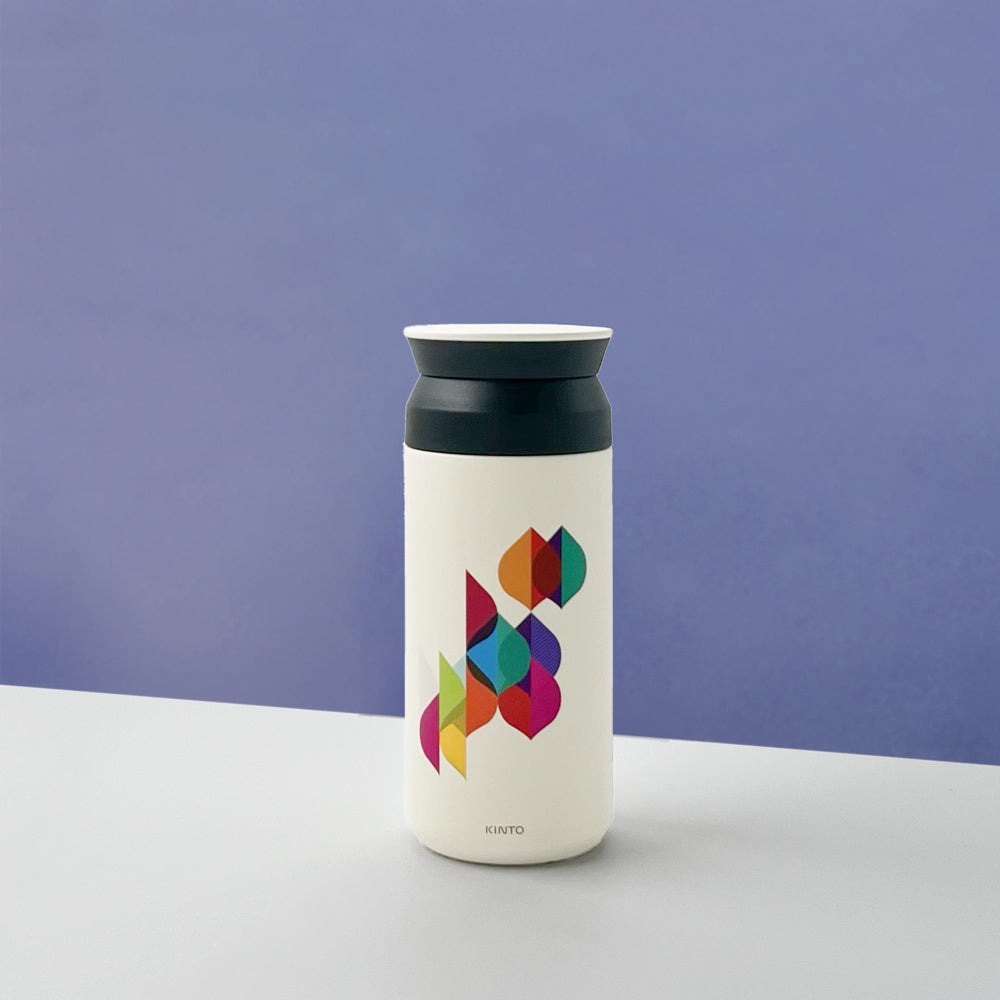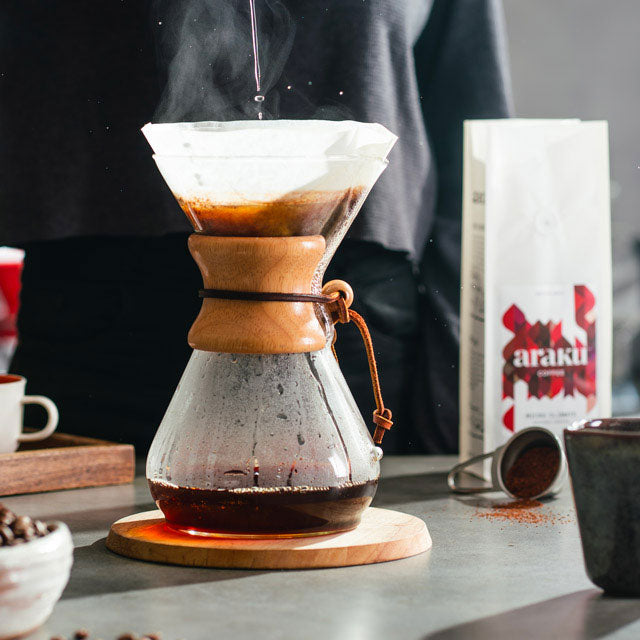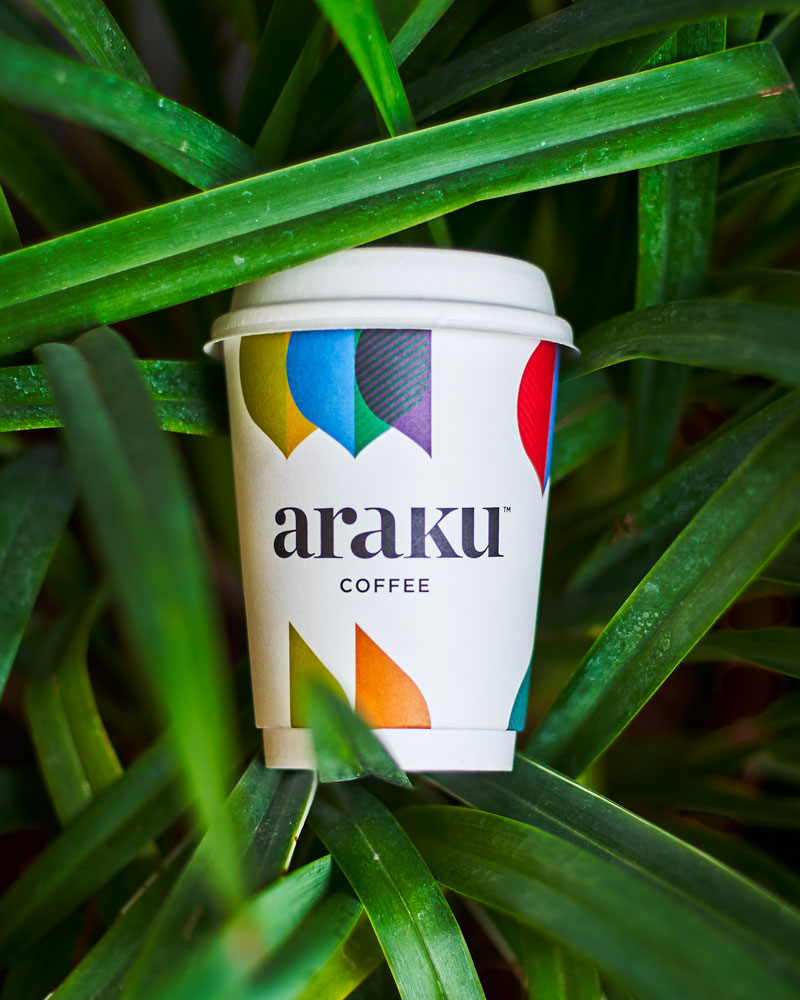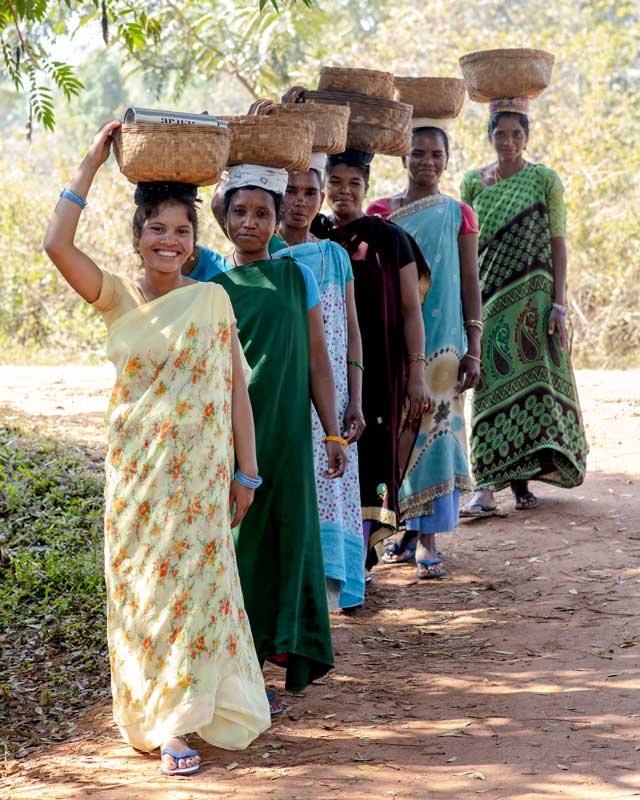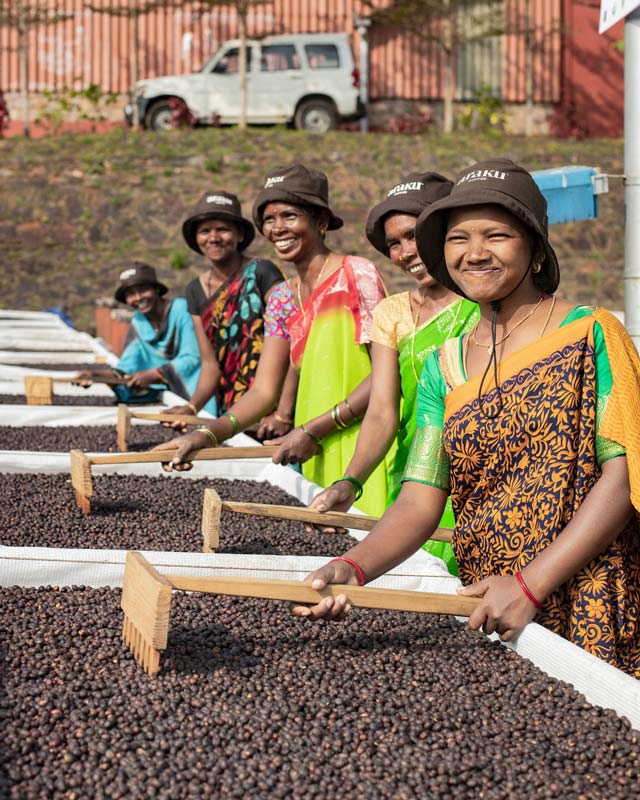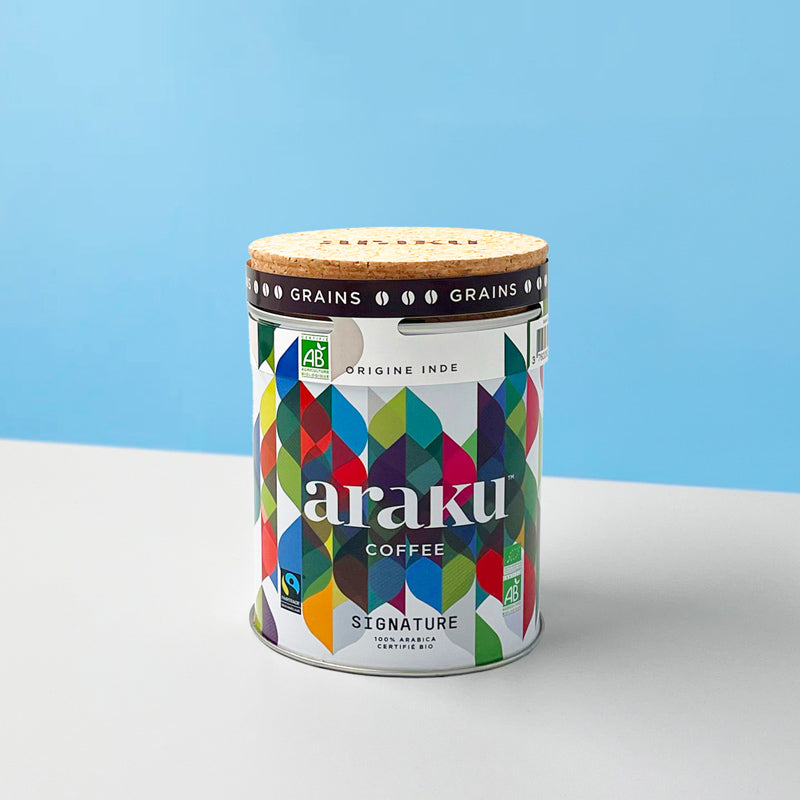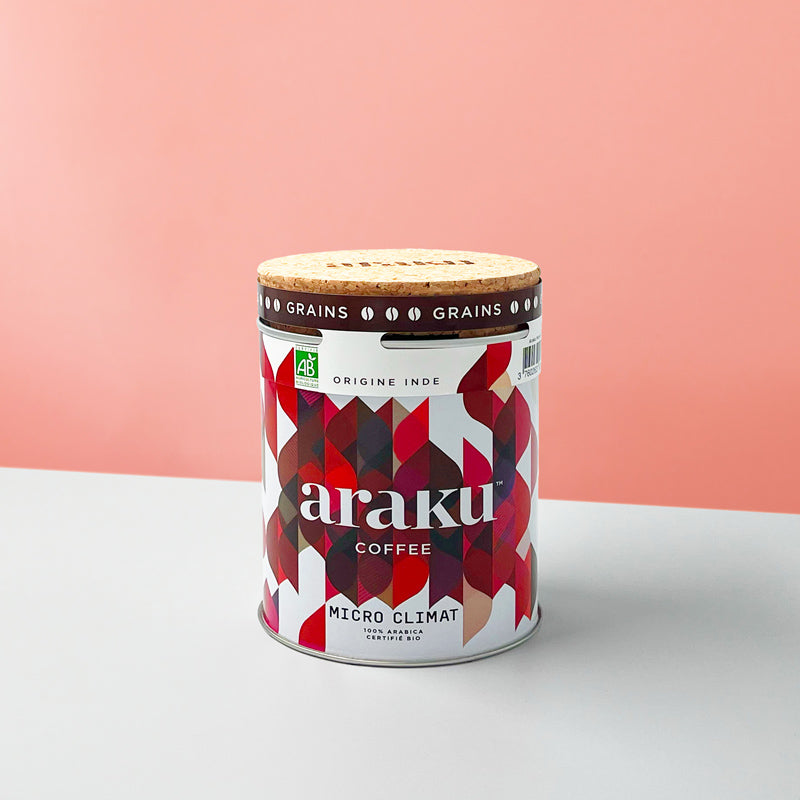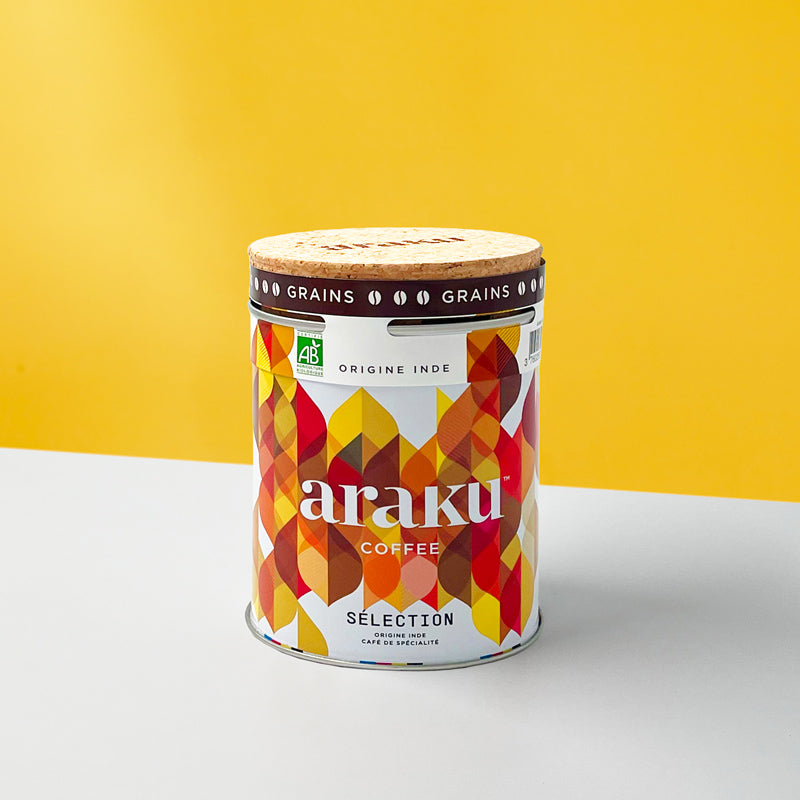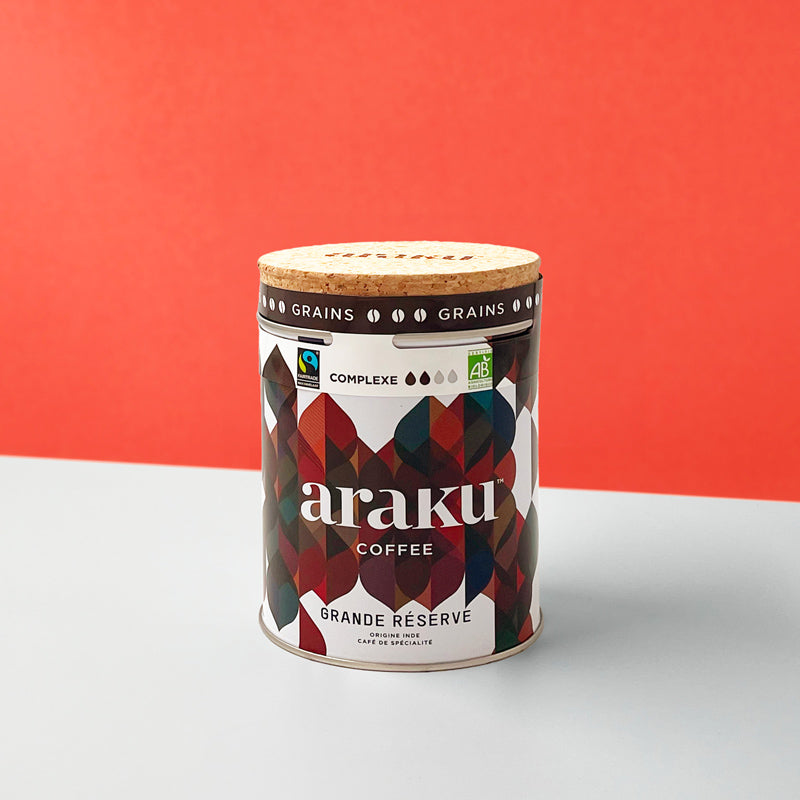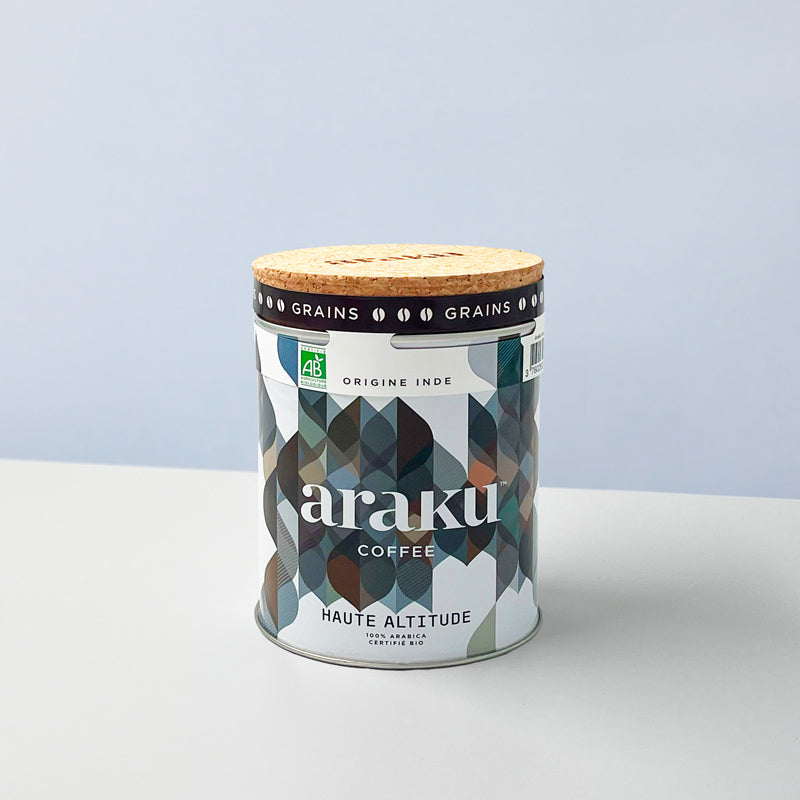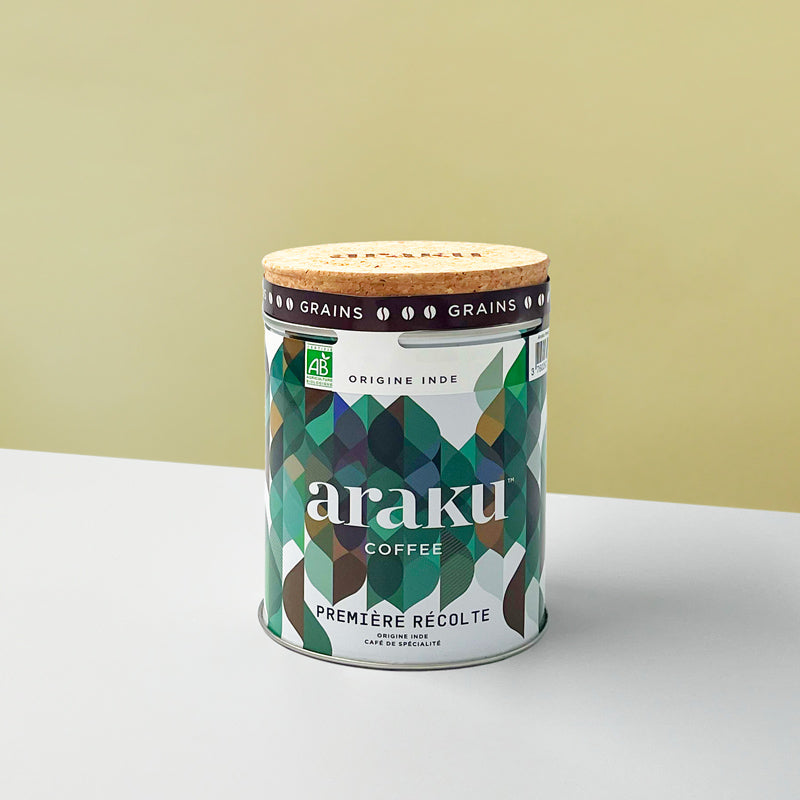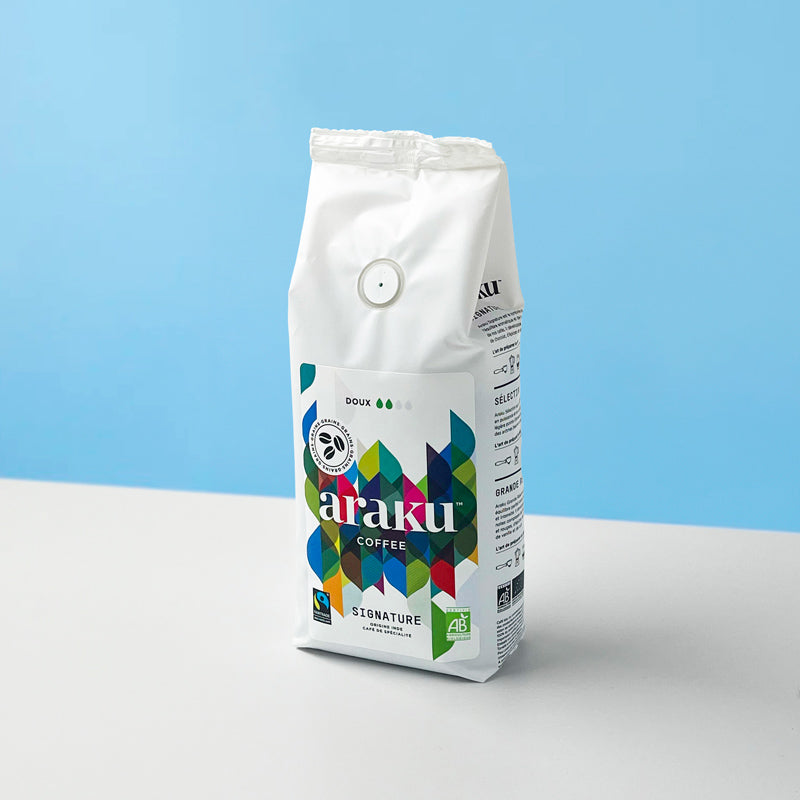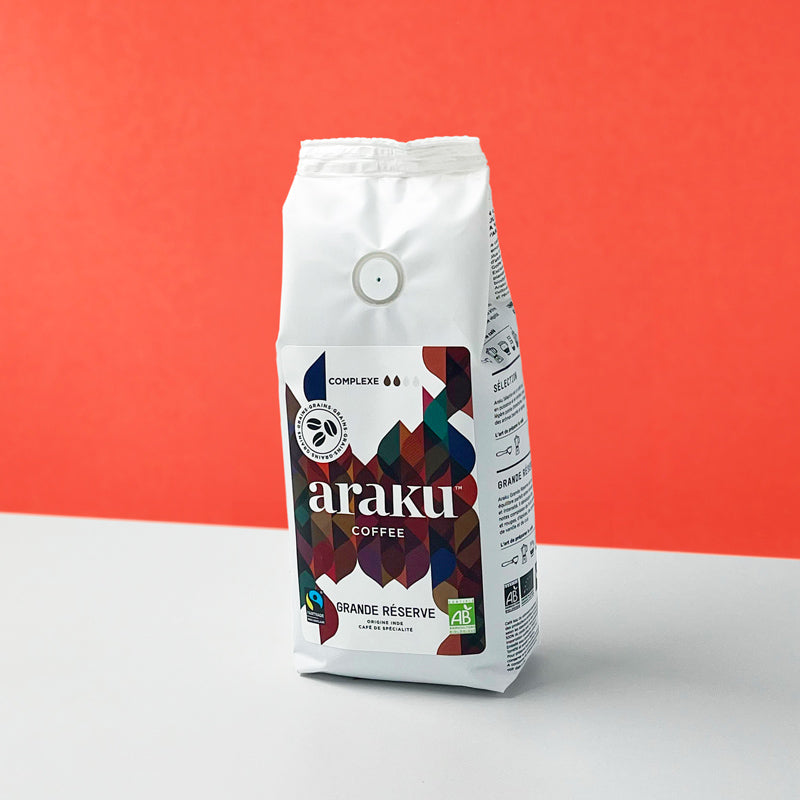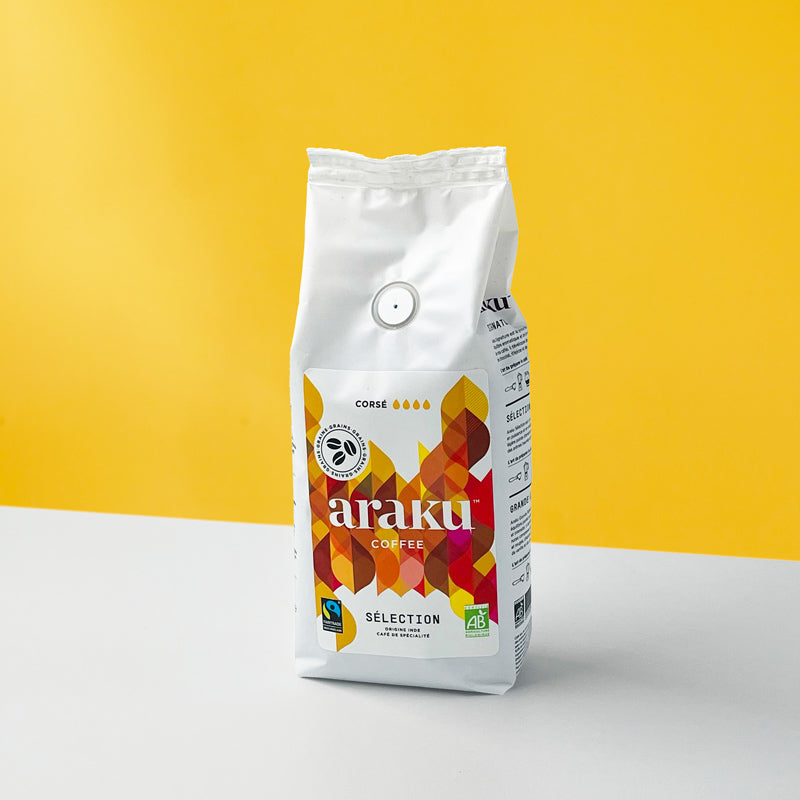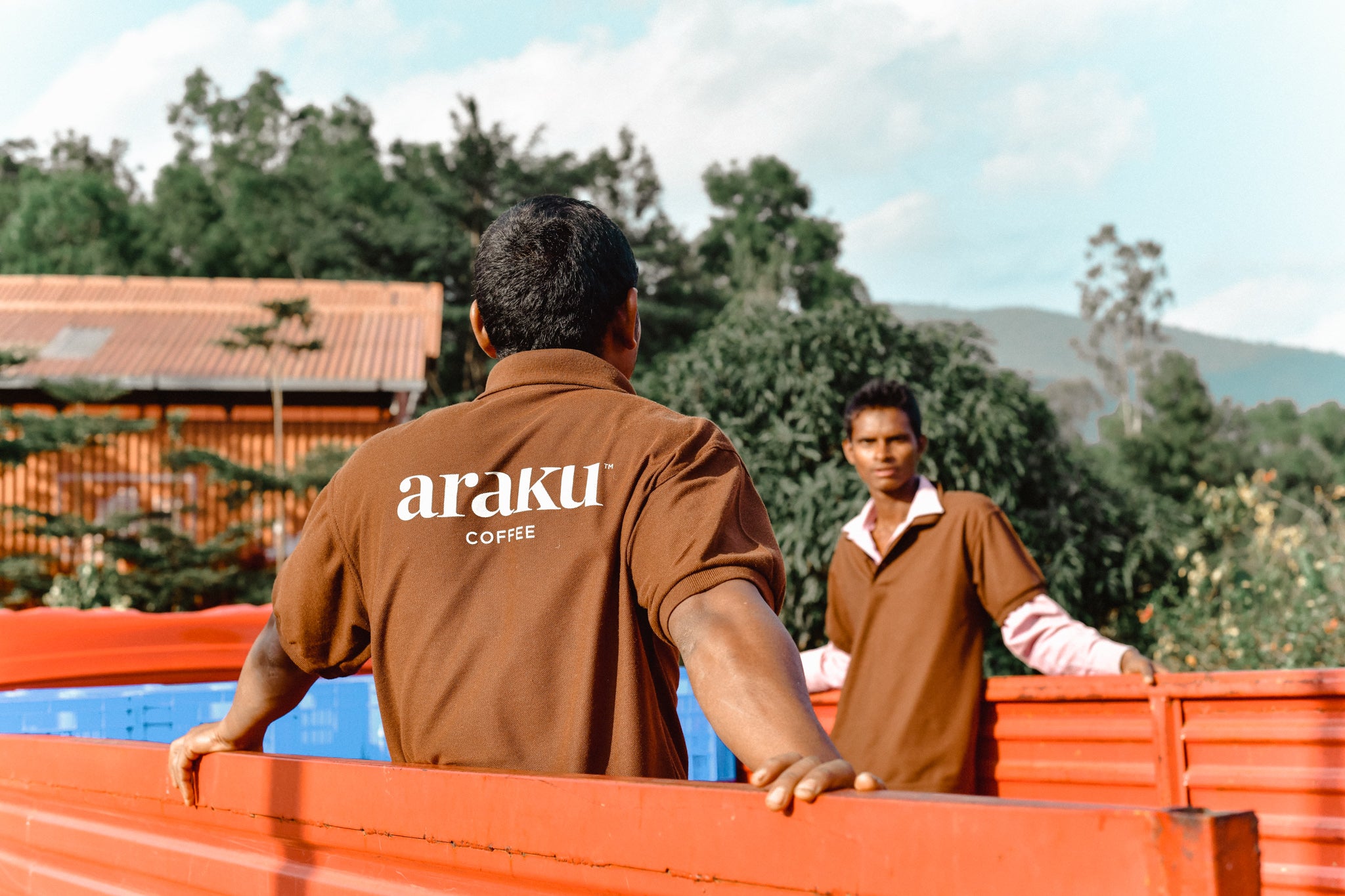The history of the Nanhi Kali association
The association was founded in 1996, by Anand Mahindra, with the aim of educating disadvantaged girls, especially in rural areas. Nanhi Kali also means “little bud”. This project responded to a deplorable situation for women in India: a very low level of literacy and low participation in the labor market. And to this observation were added older social problems such as marriage and child labor.
Anand Mahindra believed that there was a strong correlation between social ills in India, such as superstitions, dowry deaths, the caste system, and lack of education for girls. According to him, girls' education would contribute not only to the economic development of the country, but also to the development of a more just and egalitarian society. Investing in girls' education has a transformative impact on their income and standard of living, reducing rates of fertility and early marriage, and improving the health and nutrition of the entire family, thereby strengthening social capital.
Over the years, the Nanhi Kali Project has reached nearly 700,000 underprivileged girls across 15 states in India. From remote areas such as the hamlets of Krishnagiri in Tamil Nadu to the rural areas of Banaras, from the tribal hills of Araku in Andhra Pradesh to the crowded slums of Mumbai, Delhi and Kolkata, the Nanhi Kali Project ensures that girls complete their schooling formal until 10th grade.
The “Sports for life” program
This program, more recently launched by the Nanhi Kali association, aims to create more serene and inclusive communities through the values of sport. To do this, the association established a “sports day” in the villages, centered around a football match. Young girls from the village take part in this match, supervised by women and encouraged by the residents.
This program aims above all to promote the self-confidence and personal development of the young girls who participate. To date, nearly 180,000 girls have benefited from the program! The best among them even have the opportunity to compete against other girls from across the country during the 'Toofan Games', an annual event organized by the association.
These events also offer new opportunities for supervisors. All sporting activities are organized and supervised by women, who thus have the chance to acquire essential skills such as mastery of Word or Excel. Some even turned this experience into paid employment and became a full-time coach.

Although the project initially encountered opposition, it is now beginning to change minds. Match day has become an unmissable event, and the whole village organizes itself to ensure it takes place. Families and village officials assist and encourage the girls. This collective enthusiasm is crucial, because it reinforces the importance of supporting these young girls in the spirit of the community.
Nanhi Kali comes to our coffee shop in Paris!
As Paris 2024 approaches, we invite you to celebrate the exceptional sporting initiatives of the Nahni Kali association in our coffee shop in Le Marais in Paris, recently redecorated for the occasion.



